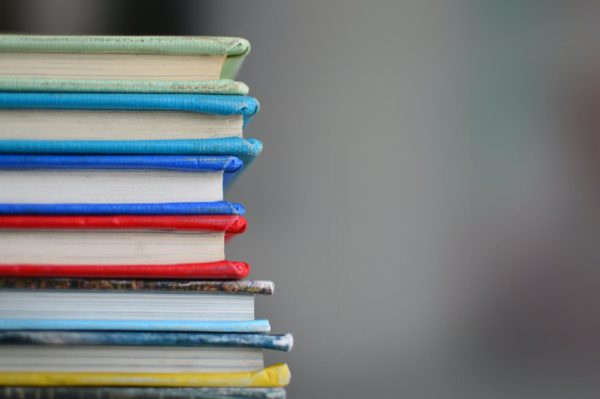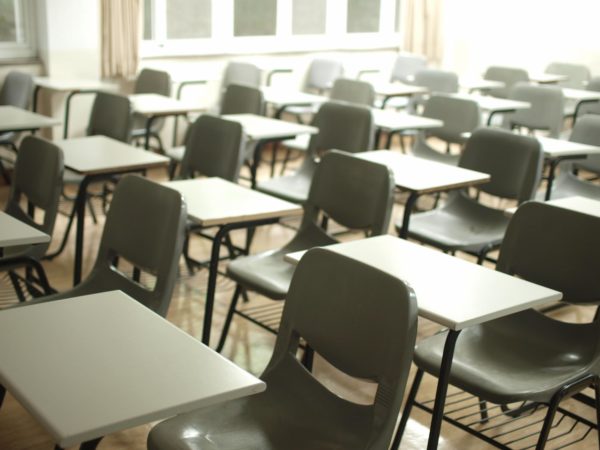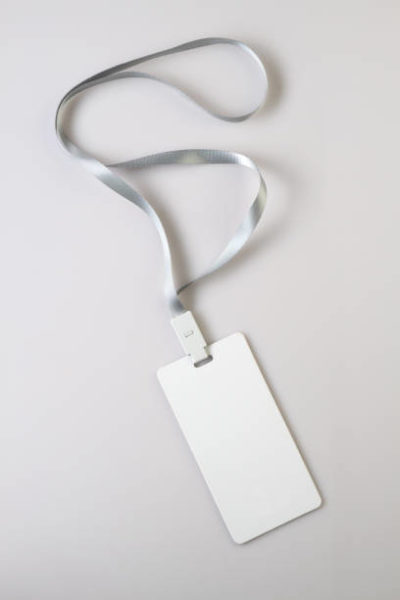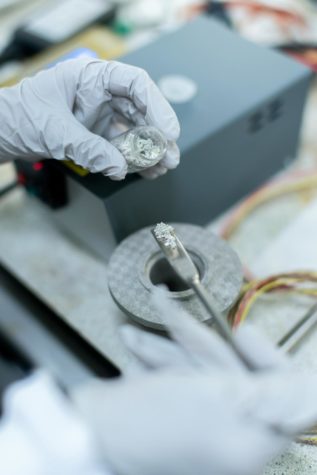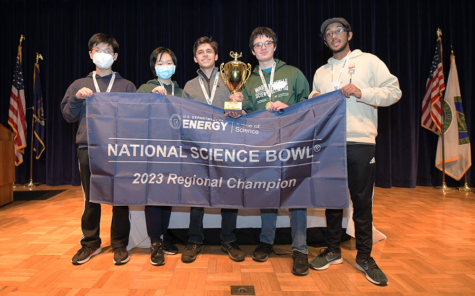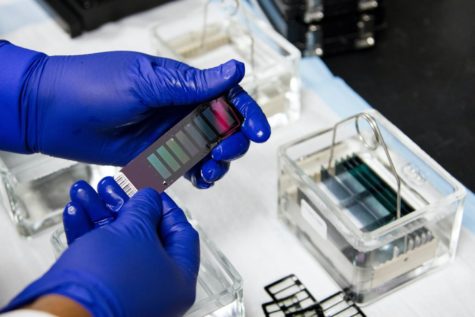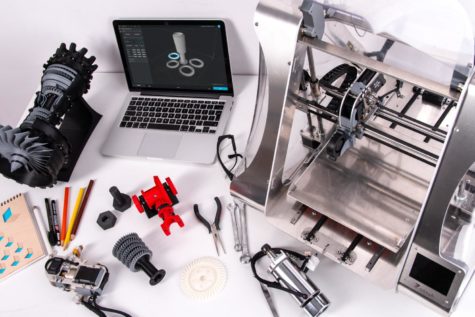Confronting Islamophobia After Christchurch Shooting
March 30, 2019
Members of the Muslim community in Christchurch, New Zealand, gathered together on Friday, March 15th to pray. But an afternoon of faith would quickly disintegrate into one of horrifying violence after a radical white supremacist and his firearm invaded the peaceful assemblies.
One of the first people to fall victim to this merciless shooting was a worshiper at the entrance of the Al Noor mosque. According to the news station Al Jazeera’s analysis of the footage from the live stream video of the attack, the worshiper’s last words welcomed the shooter: “Hello, brother”. Seconds later, New Zealand’s worst mass shooting began, taking the lives of 50 peaceful, faithful people.
These people were community leaders, soccer stars, entrepreneurs, and recent college graduates. They were new fathers, family members visiting from abroad, parents with their children. These people of the Al Noor and Linwood mosques were devoted to their faith, and are remembered for their kindness and selflessness.
Mucad Ibrahim was the youngest victim. He was three years old.
Two students from local Cashmere High School had their futures erased in an instant: Sayyad Milne, 14, and Hamza Mustafa, 16. Hamza’s father, Khaled Mustafa, was also killed.
Husna Ahmad led people to safety after the shooting began. She had come back to the mosque to check on her wheelchair-bound husband when she was killed.
They are only a few of the many who have been killed in a moment of extreme hatred, stemming from the global problem of Islamophobia.
In response to the shooting at Pittsburgh’s Tree of Life last October, many Muslim groups raised money to support victims and their families. Now, in the wake of the Christchurch shooting, the Jewish Federation of Greater Pittsburgh is reciprocating the act of deep kindness, and is raising funds for the Muslim community.
“Unfortunately, we are all too familiar with the devastating effect a mass shooting has on a faith community,” Meryl Ainsman, chair of the board of the Jewish Federation of Greater Pittsburgh, said in an interview with Time magazine. “We are filled with grief over this senseless act of hate. May those who were injured heal quickly and fully, and may the memories of the victims forever be a blessing.”
To honor the dead, many New Zealanders performed a ceremonial dance called the “haka”. It is part of indigenous Maori culture, which is deeply venerated in New Zealand. People of all faiths came together to condemn white nationalism, Islamophobia, and to pool their strength and empathy into great waves of compassion.
Locally, the Muslim Students Association (MSA) at St. John’s University held a vigil ceremony condemning the acts of violence in Christchurch. About 100-150 students attended the ceremony, and the Muslim community at the University was united. After a speech by the President of the MSA, Umar Syed, the microphone was open to anyone who wanted to say a few words about how they felt about the events in Christchurch. Many people expressed their feelings of concern and their experiences of bigotry, being Muslim-American, and how the only way to prevail against white supremacy would be with love.
The MSA at Ward Melville also has plans to raise awareness of Islamophobia, and is planning to set up a memorial table for the victims of Christchurch in the main lobby. The organization is working hard to make all students feel united and part of the school’s community, especially minority groups in Three Village. As Abdullah Nauman, President of the Muslim Students Association, puts it, “You don’t have be Muslim to grieve or be heartbroken about this tragedy. If we’re ever going to defeat these xenophobic notions, we need to come together as a community and recognize that, on a fundamental level, our faith should never matter more than our humanity.”



